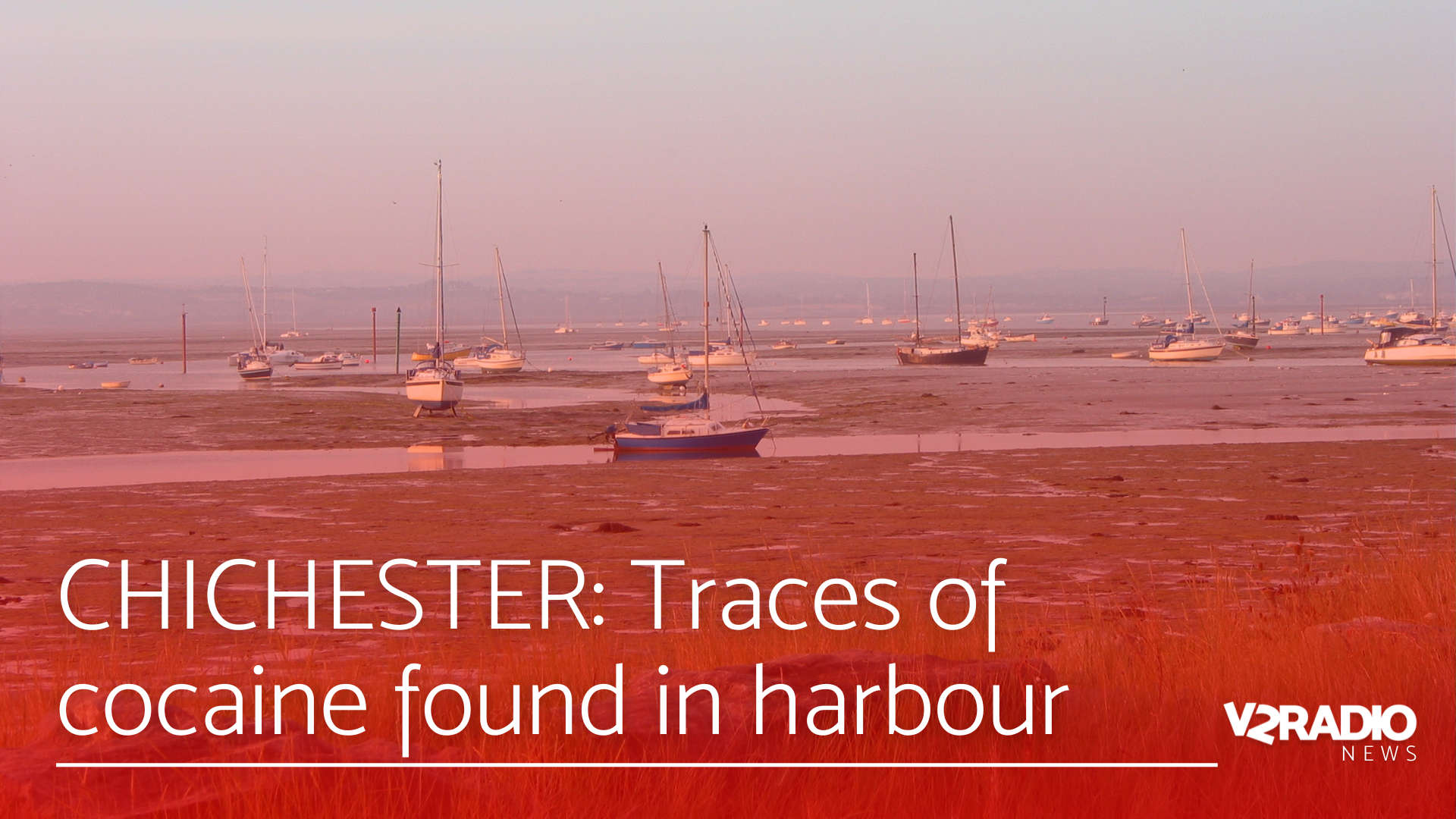
Researchers have discovered big spikes in various chemicals and drugs in Chichester Harbour, with sewage discharge pinpointed as the principal source of contamination.
A team from Brunel University, the University of Portsmouth, and Imperial College London conducted a comprehensive study, examining the water, seaweed, and marine organisms within Chichester and neighboring Langstone Harbours.
The investigation unveiled the presence of over a hundred different contaminants, which include not only common pollutants such as pesticides and pharmaceuticals meant for pet treatment but also unexpected substances like cocaine.
This contamination, say scientists, is largely attributed to the sewage overflows in the area, a problem that occurs when the existing sewage system is overwhelmed, typically during heavy rainfall.
Southern Water, the company responsible for the sewage infrastructure in the area, has pledged substantial investment in upgrading its sewage treatment facilities and systems. These improvements aim to reduce the frequency and volume of untreated discharges and mitigate their impact on the environment.
The company's planned enhancements include installing more robust and efficient treatment technologies, expanding capacity to handle peak water flow during storms, and improving monitoring systems to predict and manage overflow events.

 Portsmouth MP becomes new Climate Ambassador
Portsmouth MP becomes new Climate Ambassador
 Witness appeal after man hit by vehicle in Ludshott Common near Headley Down
Witness appeal after man hit by vehicle in Ludshott Common near Headley Down
 Over 91% of families in West Sussex offered their first preference primary school
Over 91% of families in West Sussex offered their first preference primary school
 A woman has died after she went missing in the sea off Brighton
A woman has died after she went missing in the sea off Brighton
 Plans to mark VE Day in Selsey underway
Plans to mark VE Day in Selsey underway
 Skate Park in East Preston now open after refurbishment
Skate Park in East Preston now open after refurbishment
 Volunteers wanted to help stop the spread of wildfires in West Sussex
Volunteers wanted to help stop the spread of wildfires in West Sussex
 UPDATE: Strikes at Gatwick during Easter Bank Holiday
UPDATE: Strikes at Gatwick during Easter Bank Holiday
 Portsmouth Park and Ride back in the Summer
Portsmouth Park and Ride back in the Summer
 Plans for 15 homes in Plaistow
Plans for 15 homes in Plaistow






